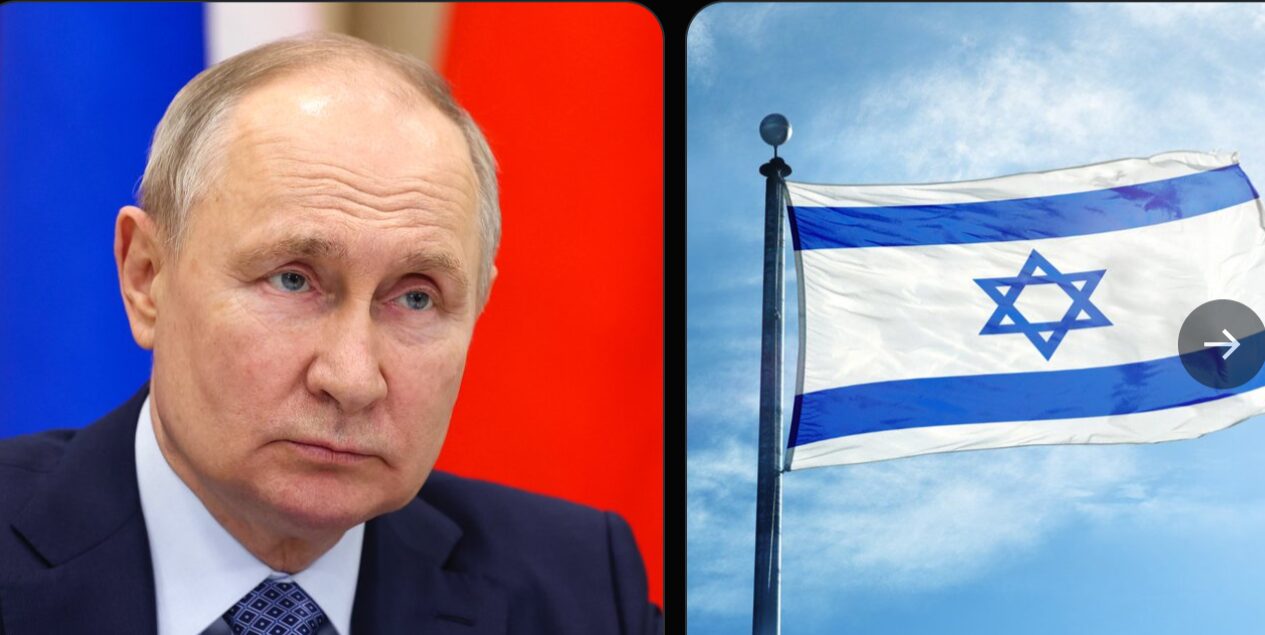ISRAELI National Security Minister Ben Gvir has OFFICIALLY RESIGNED from the Netanyahu government
In a significant political development in Israel, National Security Minister Itamar Ben Gvir has officially resigned from the government of Prime Minister Benjamin Netanyahu. This move has sent shockwaves through the Israeli political landscape, as Ben Gvir has been a prominent and controversial figure in the country’s political scene. His resignation marks a crucial moment in the ongoing power struggles within the Israeli government and raises important questions about the stability of Netanyahu’s coalition.
Ben Gvir, who represents the far-right Otzma Yehudit party, has been a key figure in Israel’s government since Netanyahu’s coalition took power. Known for his strong stance on national security and his hardline views on issues related to Palestinians and Israeli Arab citizens, Ben Gvir’s resignation could have wide-reaching implications for the political future of Israel. His departure from the government could not only destabilize Netanyahu’s coalition but could also shift the direction of Israel’s domestic and foreign policies.
Ben Gvir’s Role in the Netanyahu Government
Itamar Ben Gvir was appointed as the National Security Minister in December 2022, as part of a coalition agreement between Netanyahu’s Likud party and the far-right factions, including Otzma Yehudit. As National Security Minister, Ben Gvir had significant influence over Israel’s police forces and internal security policy. His tenure, however, was marked by controversy, especially due to his extreme rhetoric and hardline positions on security issues, including his support for tougher actions against Palestinians and the expansion of Jewish settlements in the West Bank.
Throughout his time in office, Ben Gvir was a polarizing figure. His statements and actions were often seen as inflammatory by critics, especially regarding his tough stance on Palestinian militants and his support for controversial measures such as the demolition of Palestinian homes in areas where Israeli settlements are located. Many in the international community viewed his tenure as a signal of Israel’s increasing rightward shift under Netanyahu’s leadership.
Despite his controversial views, Ben Gvir was able to maintain significant support from Israel’s right-wing and religious constituencies. His party, Otzma Yehudit, was an important partner in Netanyahu’s coalition, and his influence in the government was seen as a reflection of the growing power of far-right politics in Israel.
Reasons Behind the Resignation
Ben Gvir’s resignation from the government is the result of a combination of factors that have been building up over time. While the exact details behind his decision remain complex, several key issues appear to have played a significant role in his departure from the Netanyahu government.
One of the primary factors is his dissatisfaction with Netanyahu’s handling of security and domestic policies. Over the past few months, tensions between Ben Gvir and Netanyahu had been rising, particularly over issues related to national security and the Israeli government’s approach to Palestinians and security threats in the West Bank. Ben Gvir had long been advocating for a more aggressive approach to dealing with Palestinians, including calls for expanding Israeli military operations in Palestinian territories and cracking down on protests and civil unrest.
Another factor behind Ben Gvir’s resignation appears to be internal political rivalries within the Israeli right-wing. There has been growing frustration within the far-right factions of Netanyahu’s coalition, with some members feeling that they have not been given enough influence or power within the government. Ben Gvir, who has always positioned himself as a champion of Israeli nationalism and security, may have felt sidelined by Netanyahu’s more pragmatic approach to governance, particularly as the Prime Minister navigates pressure from both international allies and domestic opponents.
Ben Gvir’s resignation could also be tied to a broader shift in Israeli politics, where there is a growing demand from certain segments of the population for more assertive action on security issues. As a vocal critic of what he perceives as Israel’s overly conciliatory policies toward Palestinians, Ben Gvir may have seen his resignation as a way to push for a more uncompromising stance, both within the government and in the broader political discourse.
The Impact on Netanyahu’s Government
Ben Gvir’s resignation is likely to have significant consequences for Prime Minister Netanyahu and his government. With the departure of one of the most influential and controversial members of his coalition, Netanyahu may face increased challenges in maintaining the stability of his government. The far-right factions that support Ben Gvir could become more difficult to manage, potentially pushing Netanyahu to adopt even more hardline policies in order to retain their support.
Furthermore, Ben Gvir’s exit from the government could lead to a reshuffling of key positions within Israel’s security establishment. As National Security Minister, Ben Gvir held considerable influence over police and internal security forces. His departure could lead to a reassessment of Israel’s security priorities and strategies, particularly in relation to Palestinian territories and Israeli Arab communities.
In the short term, Netanyahu may struggle to maintain the unity of his coalition, as Ben Gvir’s resignation highlights the deep divisions that exist within Israel’s right-wing political establishment. Netanyahu, who has already faced significant challenges in managing his coalition, may need to make concessions to other far-right factions to keep the government intact. This could result in more radical security policies, which could have long-term implications for Israel’s relations with Palestinians and the broader international community.
The Political Landscape Moving Forward
Ben Gvir’s resignation could signal the beginning of a new phase in Israeli politics, one in which the far-right plays an even more prominent role. With his departure, it is possible that other far-right figures will rise to prominence within Netanyahu’s coalition, potentially shifting the government’s policies even further to the right. This could affect Israel’s approach to security, the Israeli-Palestinian conflict, and domestic issues such as the treatment of Arab citizens and minority communities.
The resignation also raises questions about the future of the far-right in Israeli politics. Ben Gvir’s Otzma Yehudit party is deeply connected to Israel’s nationalist and religious movements, and his departure could create a power vacuum within these factions. It remains to be seen whether Ben Gvir’s resignation will lead to a fragmentation of the far-right or whether it will strengthen the influence of other hardline leaders who may seek to fill the void.
Moreover, Ben Gvir’s resignation could impact Israel’s relationship with the international community. Many governments, particularly those in the West, have been critical of Ben Gvir’s policies and statements. His departure from the government might alleviate some of these concerns, but it could also signal a shift toward more hardline policies under Netanyahu’s leadership. This could affect Israel’s relations with key allies, including the United States and European Union, which have expressed concern over the rise of far-right politics in Israel.
In Conclusion
Itamar Ben Gvir’s resignation from the Netanyahu government marks a crucial moment in Israel’s political history. As one of the most influential and controversial figures in Netanyahu’s coalition, his departure is likely to have far-reaching consequences for the Israeli government, the far-right political movements in Israel, and the country’s relationship with the international community.
Whether Ben Gvir’s resignation will lead to greater instability or a shift in Israel’s political direction remains to be seen. However, it is clear that this development signals a significant turning point in Israeli politics, with the potential to reshape the future of the country’s governance and security policies. As Netanyahu faces new challenges in maintaining the cohesion of his government, the political landscape in Israel is likely to continue evolving in response to these dramatic shifts.

















Post Comment